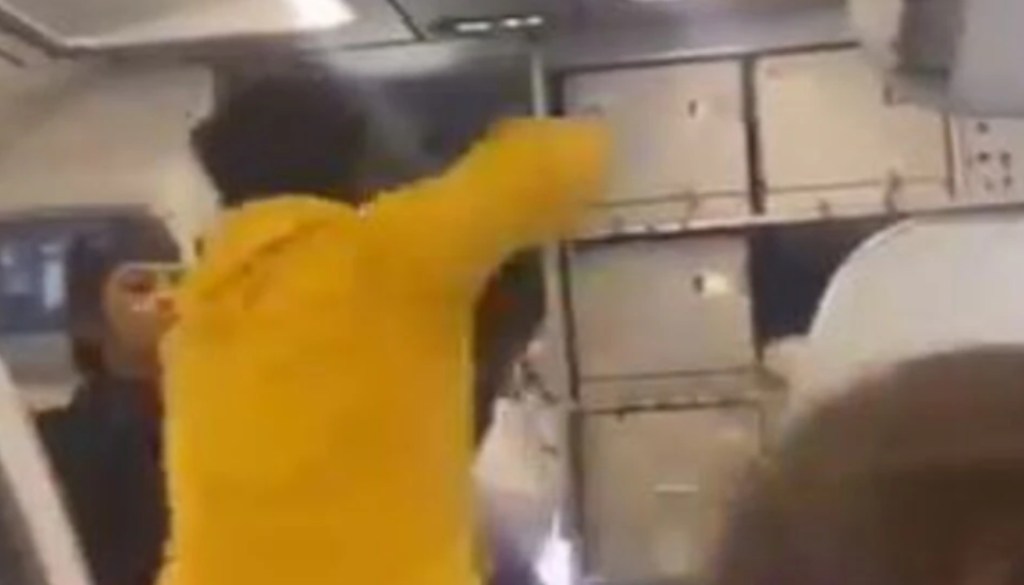‘No Fly List’ Dominates Airline Response to Escalating Disruptive Behavior

New Delhi, 18th January 2024: Persistent inclement weather and dense fog have thrown air travel into disarray nationwide, causing extensive delays and cancellations. The situation escalated dramatically when a video emerged of a passenger assaulting the co-pilot on a Delhi to Goa flight, driven by frustration over the prolonged delay.
Swift action was taken, resulting in the immediate removal of the aggressor from the aircraft. DCP Devesh Kumar of Indira Gandhi Airport revealed that the accused faces charges under sections 323, 341, and 290 of the Indian Penal Code and aviation regulations.
Indigo responded by announcing an independent investigation into the incident. A subsequent decision will determine whether the passenger will be permanently banned, joining the notorious ‘No Fly List.’
The ‘No Fly List’ has gained prominence in recent years as a measure to curb disruptive behavior, affecting hundreds of air passengers in India. Guided by the Ministry of Civil Aviation’s directives, the list categorizes inappropriate behaviors into three tiers of bans, ranging from three months to a permanent prohibition, based on the severity of misconduct.
DGCA rules stipulate that a passenger’s misconduct complaint is necessary for an airline to initiate an investigation. A committee is then formed, with a 30-day timeline to deliver a report. If allegations are proven, the passenger is added to the ‘No Fly List,’ allowing a 60-day window for appealing the decision.
Recent incidents, like comedian Kunal Kamra assaulting journalist Arnab Goswami in 2020, underscore how major airlines employ the ‘No Fly List’ to address disruptive behavior. While fines are uncommon, cases such as a hijacking warning resulted in a life imprisonment sentence and a Rs 5 crore fine. DGCA also imposed a Rs 30 lakh fine on Air India in January 2023 for boarding irregularities.








